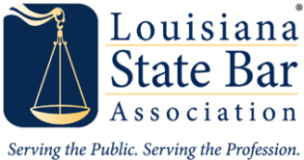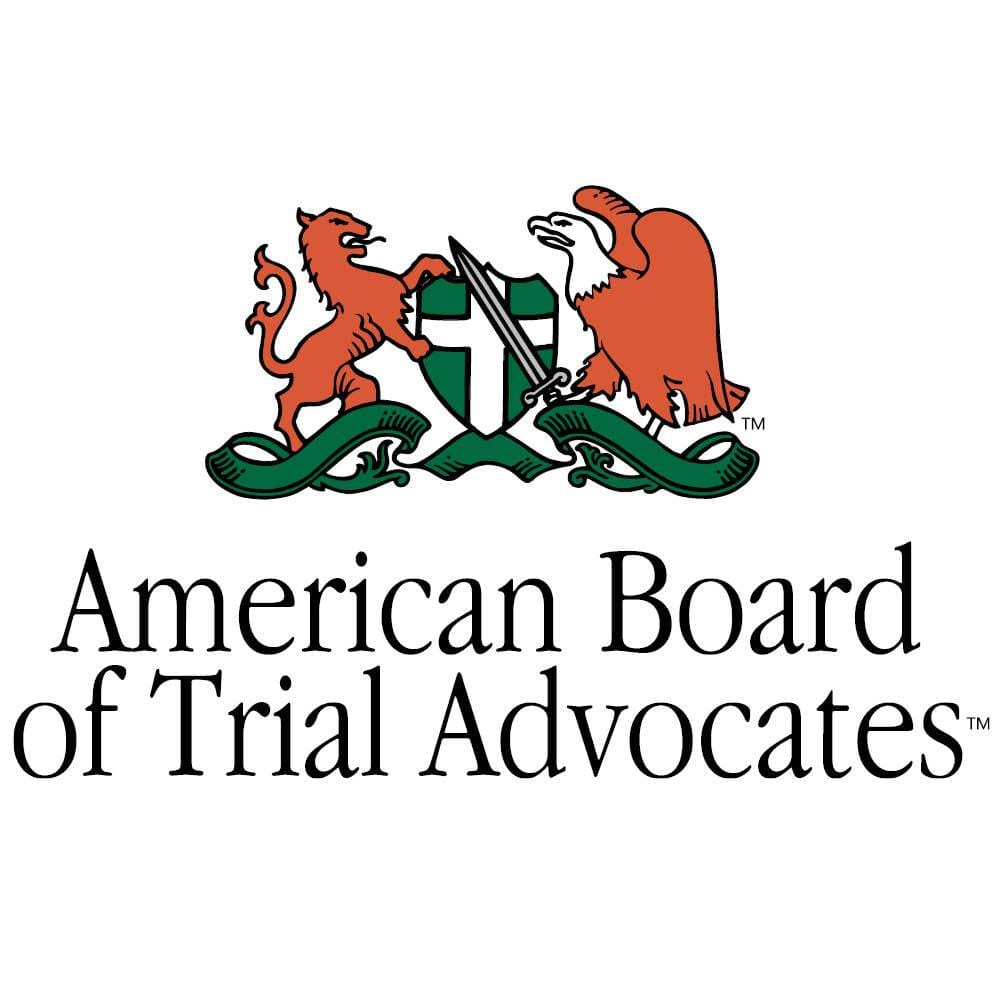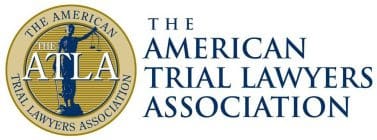Louisiana's Premier Workers' Compensation Injury Lawyers
Workers' Compensation Accidents
Workplace injuries are all too common and can significantly impact physical well-being. Unfortunately, many workplaces prioritize production and profit over employee safety, resulting in pain, suffering, and even fatalities.
Workers’ Compensation Laws are complex and subject to annual changes, making it challenging for many law firms to handle these cases.
However, our firm is the exception. With years of experience, we have successfully prosecuted thousands of workers’ compensation injury claims. We understand these injuries’ long-term burdens, including physical, emotional, and financial challenges. Your settlement should account for all future pain and suffering you and your family may endure. Contact us today for a free case evaluation if you believe you have a legal claim.
Things You Should Know:
- Your employer cannot fire you or in any way discipline you for having brought a workers’ comp claim against them. To do so would be in violation of the law and your rights.
- Employers and their insurance companies will often try to blame the accident that caused the injury on you so it’s crucial for you to call a firm with workers’ comp experience immediately.
- Often times in workplace-related injuries, dependents of a victim who passed as a result of the accident can receive benefits too.
- Workers’ Comp laws in Louisiana are stacked against the victim. That’s why it’s important to have a firm with as much experience as possible on your side.
Staying up-to-date with ever-changing Workers’ Compensation laws requires a dedicated firm like The Glenn Armentor Law Corporation. Our team of specialized attorneys closely monitors and understands the intricacies of this challenging area of law. Knowing the do’s and don’ts in workers’ comp cases is crucial, and we are here to guide you every step of the way.
What to Do In Case Of A Workers’ Compensation Injury:
Immediately after the accident, call for assistance and do not try to move if you are hurt.
- Insist on an ambulance and immediate medical care if the injury causes substantial pain or appears
Identify witnesses to the accident (names, addresses and phone numbers).
Report the accident as soon as possible to your supervisor.
- Be sure an accident report is filed and that you get a copy.
- List all of your injuries and problems to your supervisor to be placed in the accident report.
If you are unable to work after seven (7) days, request (in writing) that workers’ compensation benefits be started as of the eighth day.
File a Claim Form LDOL-WC-1008 “Claim for Compensation” on the eighth day after the accident if
benefits have not begun.
- Send copies of all medical bills, accident reports, medical reports, or other documents you may have on
the accident with your Form 1008, to Office of Workers’ Compensation Administration, P.O. Box 94040,
Baton Rouge, Louisiana 70804-9040. - If you have questions about how to fill out the forms or about anything else, call 1-225-342-7555; or
Toll Free: 1-800-824-4592.
If the compensation insurance will not begin making payments on your medical bills and weekly
benefits of two-thirds (2/3) of your gross weekly wage, consult an attorney immediately.
- Be sure the attorney is a personal injury specialist. Ask about his experience!
- Write down all questions you have about your accident and compensation laws prior to interview.
- Learn all you can about your rights under workers’ compensation laws.
- Ask what fees and expenses you will be required to pay.
- Ask what the attorney feels he can do to help you and how he evaluates your chances.
- Interview several attorneys and compare their responses.
Obtain the following documentation:
- Copies of all medical bills.
- A list of which bills have been paid and which have not been paid.
- List of mileage to and from all health care visits (to be reimbursed to you at 21¢ per mile).
- Copies of all reports from treating physicians.
- Copies of all admit and ER Room charts.
- Copies of all radiology reports such as x-rays, CT Scans, Bone Scan, MRI, or Myelogram.
- Copies of any statements given by you to your employer or the insurance company.
- Copies of any witness statements obtained from anyone on how the accident occurred.
- Copies of wage records from the last four (4) full weeks you worked prior to the accident.
- Copies of any correspondence between the insurance company and Workers’ Comp Commission.
- An explanation from the insurance company on how it arrived at your workers’ compensation rate and
what it believes to be your average weekly gross wage.
Never sign any releases until you are fully prepared to settle your case.
- If you do so, your medical condition should have completely stabilized, and you should have reached
maximum medical improvement.
Keep a written daily diary of the aftermath of the accident.
- List all that happened in the accident and initial medical examinations.
- Follow your progress and the problems caused in everyday life by your injuries.
(This will prove invaluable at your trial, which may be much later.)
Don’t discuss your case with unnecessary parties. Talk about it with your spouse, doctor, and
attorney only.
What Not to Do In Case Of A Workers’ Compensation Injury:
- Don’t be talked into not reporting the accident (not even to preserve "safety records").
- Don’t give recorded statements to unnecessary parties.
- Don’t sign releases or checks with release language printed on them.
- Don’t settle your case unless you have medically stabilized.
- Don’t settle your case unless you have spoken to an attorney and have had your rights explained to you and your questions answered.
- Don’t discuss any aspects of your case with unnecessary persons.
- Don’t do anything just because they say you "have to”.
- Don’t settle your case unless you have spoken to an attorney, have had your questions answered, and your rights explained to you.
- Don’t do anything just because they say you "have to”.
Get A Free Case Evaluation
Let our personal injury lawyers help you get the compensation you deserve for your workers’ compensation accident.
Contact us today for a free case evaluation from one of our experienced attorneys.











